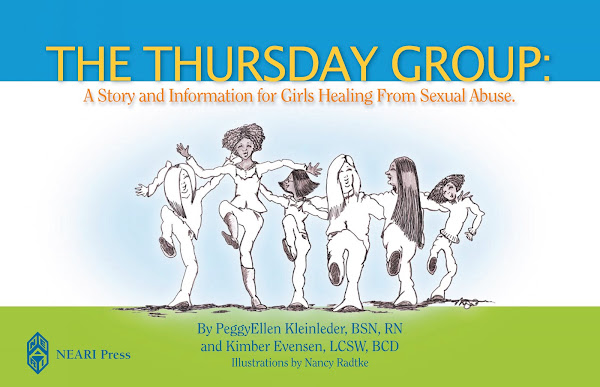 Practicing play therapy in Alaska is challenging and different. Inclement weather and make-shift therapy rooms in schools and clinics of village settings require tenacity, invention, and the use of available materials. This presentation will provide a collection of learned and invented theory and techniques which will allow counselors and therapists to integrate the practical with the effective and give a host of Alaska-based play therapy interventions. Participants will leave with a whole bag of ideas for their own "Portable Alaskan Play Therapy Kit".
Practicing play therapy in Alaska is challenging and different. Inclement weather and make-shift therapy rooms in schools and clinics of village settings require tenacity, invention, and the use of available materials. This presentation will provide a collection of learned and invented theory and techniques which will allow counselors and therapists to integrate the practical with the effective and give a host of Alaska-based play therapy interventions. Participants will leave with a whole bag of ideas for their own "Portable Alaskan Play Therapy Kit". Need to talk to someone or report abuse? Call: 1-800-4ACHILD or 1-800-422-4458
The person who answers your call can help you figure out what to do and how to get help. If you call from a land line instead of a cell phone, the call will be free and will not show on a phone bill.
Thursday, March 13, 2014
Kimber's Upcoming Play Therapy Presentation
Have Toys, Will Travel: Play Therapy Techniques and Tools for the Itinerant Practitioner
Friday, April 4, 2014
Kimber's presentation will be a part of the Our Alaska Lives 2014 Conference, April 3, 4, &5 in Anchorage, Alaska.
This conference is sponsored by the Alaska Counseling Association and the Alaska Association for Play Therapy.
 Practicing play therapy in Alaska is challenging and different. Inclement weather and make-shift therapy rooms in schools and clinics of village settings require tenacity, invention, and the use of available materials. This presentation will provide a collection of learned and invented theory and techniques which will allow counselors and therapists to integrate the practical with the effective and give a host of Alaska-based play therapy interventions. Participants will leave with a whole bag of ideas for their own "Portable Alaskan Play Therapy Kit".
Practicing play therapy in Alaska is challenging and different. Inclement weather and make-shift therapy rooms in schools and clinics of village settings require tenacity, invention, and the use of available materials. This presentation will provide a collection of learned and invented theory and techniques which will allow counselors and therapists to integrate the practical with the effective and give a host of Alaska-based play therapy interventions. Participants will leave with a whole bag of ideas for their own "Portable Alaskan Play Therapy Kit".
Objectives:
1) Participants will be able to describe and use at least three "Alaskan style" play therapy treatment interventions, all original ideas created by the presenter and used in both urban and rural Alaska.
2) Participants will learn about the difference between directive and child-centered interventions, when it is appropriate to use each, and how to integrate these play therapy techniques into a neuro-developmentally informed, culturally sensitive approach applicable to building attachment and resolving trauma.
3) Participants will be introduced to easy, effective materials that they can use to make their own "Portable Alaskan Play Therapy Kits".
Subscribe to:
Comments (Atom)
